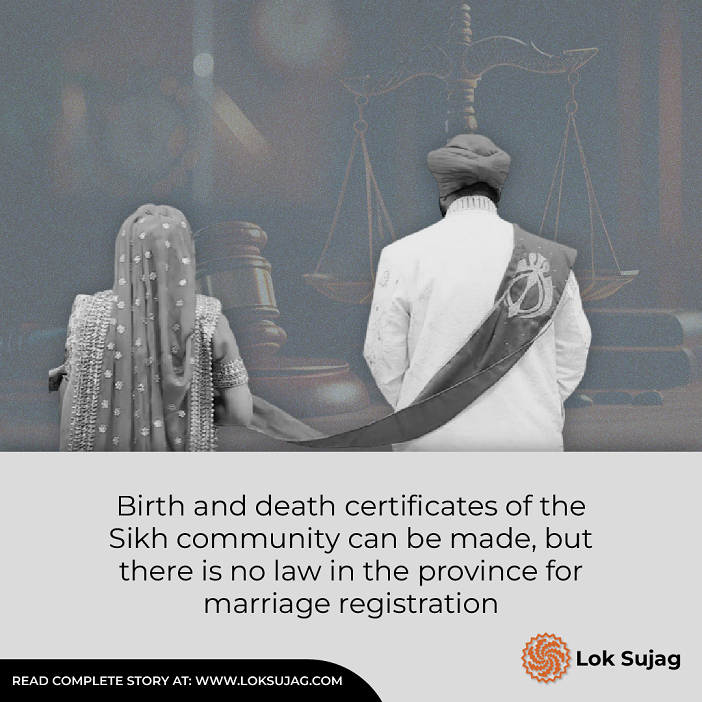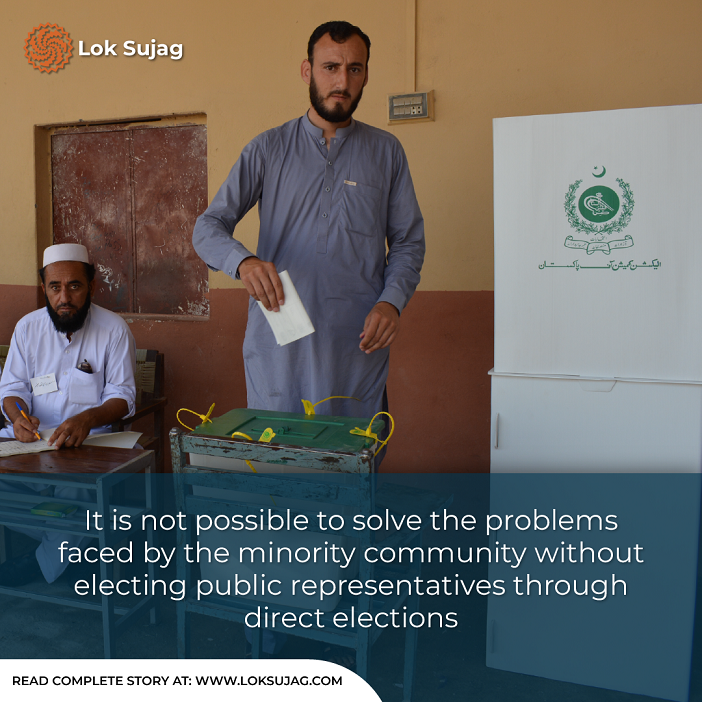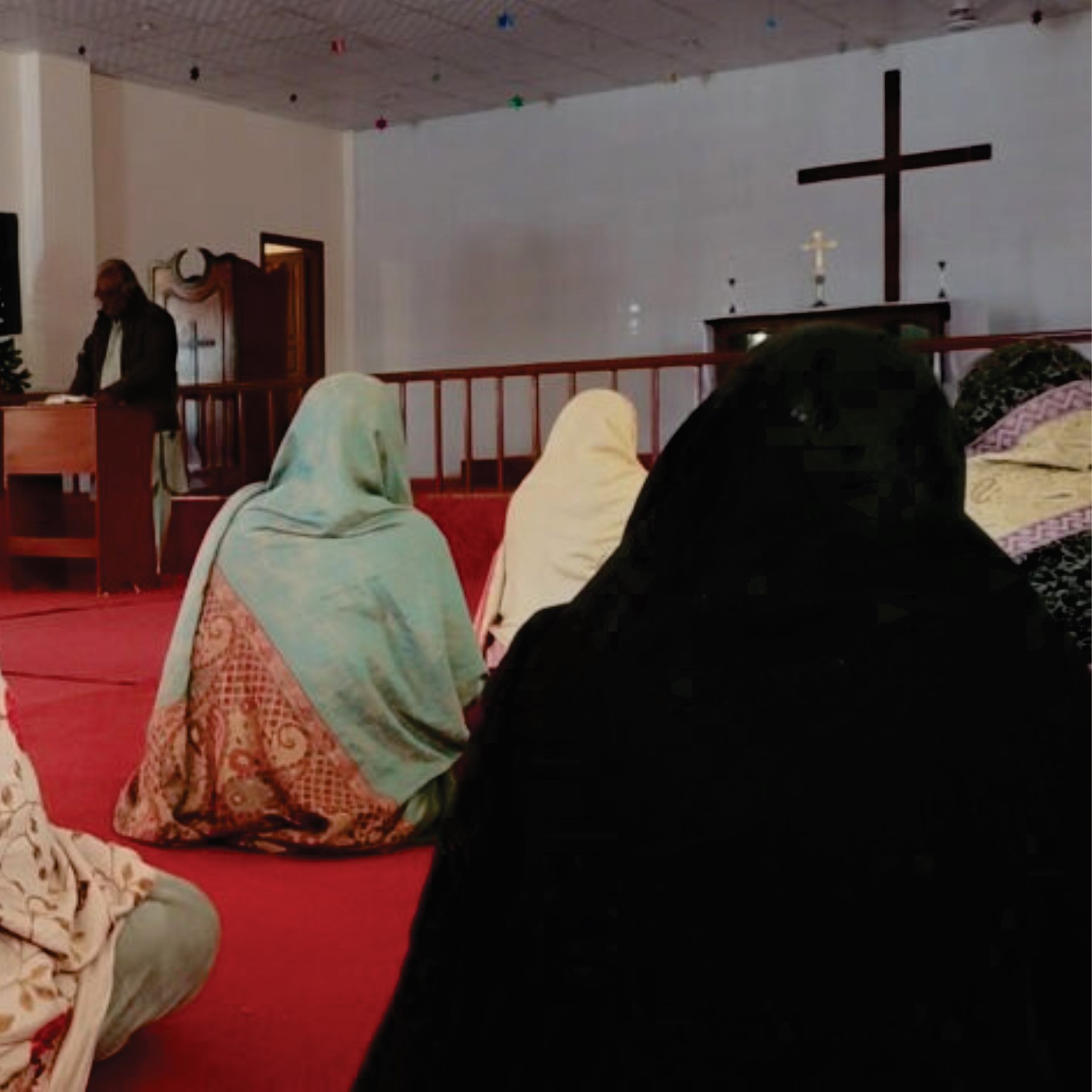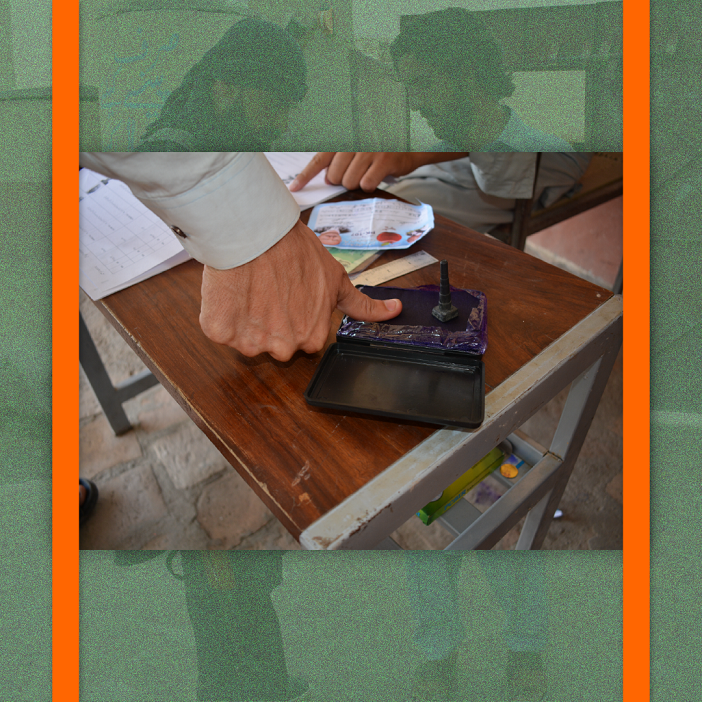Radesh Singh Tony, from Peshawar, is the first person from a minority community who contested as an independent candidate in the 2018 general elections on a Khyber Pakhtunkhwa provincial seat, PK-75, but he got just a few votes. He was earlier elected as the General Councilor in May 2015 after a tough contest in local government elections.
Radesh says that it has always been seen that the majority party in the province or the centre nominates minority members on certain seats, but due to a lack of constituencies, they can hardly do anything for the welfare of their people.
He says it is impossible to solve the problems faced by the minority community without electing public representatives through direct elections.
Ten out of the 336 seats in the National Assembly, four out of 96 seats in the Senate and four out of 145 seats in the Khyber Pakhtunkhwa Assembly are reserved for the minority community.
Except in some areas of Sindh where there is a large Hindu population, minority representatives are “elected” to national, provincial and senate seats.
In the 6th census, the country’s total population was reported as 20 crore 76 lakh, 84 thousand, of which the percentage of religious minorities showed an overall decrease of 0.21 per cent.
According to the report, in 2017, the total population of religious minorities was around 73 lakh 21 thousand, of which Christians were about 26 lakh or 1.27 per cent.
Hindus were about 36 lakh or 1.73 per cent, Ahmadis, a little over one lakh 91 thousand or 0.09 per cent, Scheduled Castes about eight and a half lakhs or 0.41 per cent and people belonging to other religions including Sikhs, Parsis, Bahai, Kailash community about 43 thousand or 0.02 per cent.

The preliminary data of the seventh census, which was released in May this year, shows that the population of the country has reached 24 crores, but the data regarding women, transgender persons, and minority communities has not yet been released.
Babaji Gopal Singh, a Sikh leader and social activist from Khyber Pakhtunkhwa, says that the minority community lacks basic facilities compared to the majority population, and public representatives do not make serious efforts to solve them.
According to him, 600 Sikh families live in Dabgari Garden, a densely populated area of Peshawar, where there are problems such as lack of drainage, clean drinking water, street lights and gas.
"Every time candidates in elections promise to solve them but disappear after being elected".
The Election Commission has announced the date of holding the general elections in the country on February 8, 2024, but Saima Imtiaz, the head of the Christian Development Organization, a non-governmental organisation working for the rights of women and working children in Khyber Pakhtunkhwa, says that a few people belonging to the minority community participate in the local government, provincial and national assembly elections. They also have the ability to properly represent the people of the region, but every time, they are excluded from the race.
Forty-year-old Pardeeb Kumar of Peshawar is a member of a political party. He belongs to an area of Peshawar where people from different minority communities live in large numbers. Their problems are also more than those of other people. In the 2018 general elections, he applied for a ticket to contest the general seat of the provincial assembly. He wanted to be elected as a member of the provincial assembly so that he could not only take care of the problems of his people but also the Muslim population. But he was disappointed as he could not get a ticket.
In this regard, Syed Wali Shah Afridi, the former provincial spokesman of Pakistan Muslim League (N) and member of the party's central council, says that his party considers the participation of the minority community in the democratic process very important.

He says that minority members who have a plan to solve the problems of their community are elected to the provincial, national and senate seats. He rejects the impression that members of the minority community face discrimination in the party and the Assembly.
Neena Samson, an active social activist working for the rights of minority youth, says that every five years, we hear the same thing: that the minority community should be a part of the democratic process so that they can address the main issues of their people, but all these are nothing but election slogans.
He said that there is also a lack of awareness among the minority community regarding the importance of voting compared to the majority population. "Many people do not even have identity cards, and those who do have cards are unaware of voter registration and how to vote on election day."
Can elected representatives on specific seats solve problems of minority communities?
Babaji Gopal Singh points out that in local government elections, a seat is reserved for the minority community at the village council level, ensuring their easy election as members. However, he says that despite having a considerable number of votes in certain general constituencies for provincial and national assembly elections, no political party issues party tickets to minority members.
Regarding the minority members elected on specific seats, he says that when they want to plan for the welfare of their people, the Auqaf and Religious Affairs Department comes in the way. "Most of the cases of minorities are referred to this department, where even the minor work takes years.
“An example is Peshawar's cremation ground for which funds have been allocated since 2008, but until now, not even an inch of land could be bought".

Radesh Singh Tony says he was a councillor on the general seat for three and a half years. After every six months, he used to get 4 lakh in funds, but it was impossible for him to provide clean drinking water to even a few houses with this amount.
Syed Wali Shah Afridi admits that political parties do not give tickets to minority workers to contest elections on general seats. “In party meetings, there is always a discussion that party's minority workers should be given tickets for seats where they have a chance to win, but nothing happens in practice."
The situation of the minority community was put before the former member of the Provincial Assembly, Wilson Wazir, elected on the reserved seat from the merged districts, and Gurdeep Singh, selected on the reserved seat of Tehreek-e-Insaf, but they refused to answer.
Electoral process and fears of minority communities
A businessman by profession, Abdul Qadir belongs to the Ahmadi community. His vote is registered, but neither he nor his family members or relatives ever went to the polling station to vote.
He said that Ahmadis living across the province do not participate in the election process due to fear and concern and stay away from the entire process. According to him, candidates do not come to ask for their votes because of religious hypocrisy.
Saima Imtiaz says that on election day, very few people from the minority community go out to vote because they fear being entangled in incidents of violence between supporters of political parties.
Four provincial seats reserved for minority communities in Khyber Pakhtunkhwa
In May 2018, with the 25th constitutional amendment, the former seven tribal agencies and six FRs were merged into Khyber Pakhtunkhwa, making it possible to hold provincial and local government elections here.
Also Read

Frustrations of pakistan's Christian minority: Discriminatory job practices and the fight for equal opportunities
According to the Election Commission, 16 general, four women and one minority community seats were given to the merged districts, increasing the number of provincial assembly seats to 145. A total of 26 seats for women and four for the minority community are included in the above figures.
Amendments to Elections Act 2017 for minorities
Following the Election Act 2017, legislation was enacted to bring minorities into the mainstream. Section 48 of the Act called for the following special measures for religious minorities:
1. Special measures should be taken for the registration of persons with disabilities and transgender citizens as voters in the electoral rolls of minorities for elections.
2. National identity cards for persons with disabilities and transgender people belonging to religious minorities should be made. It was directed that the National Database and Registration Authority complete this work as soon as possible.
3. The percentage of votes of men and women in constituencies is documented. The data regarding the number of votes from minority men and women in each constituency of the National Assembly should be incorporated into the list of registered voters by constituency.
Problems faced by minority communities in Khyber Pakhtunkhwa
Radesh Singh Tony says that issues are more prevalent in areas where minority communities live. This is because the funds released to parliamentarians, including those in local governments, for development projects, are often directed towards areas where the parliamentarians received votes or are likely to get support in the upcoming election.
"Minority members elected at reserved seats do not have enough funds to solve the problems of their people".
Babaji Gorpal Singh says that the birth and death certificates of the Sikh community can be produced, but there is no law in the province for the registration of marriages, and many problems are being faced while making identity cards.
He says the Sukh Anand Karj Act was passed in Punjab in 2018, but their business rules were not made.
"There is a need to make a law in Khyber Pakhtunkhwa instead of Punjab because there is a large number of Sikhs here, but unfortunately, there is no adequate representation of our people in the assembly".
Published on 15 Jan 2024



















